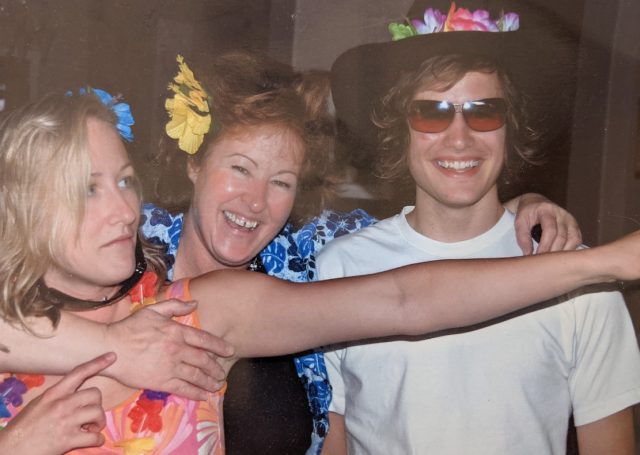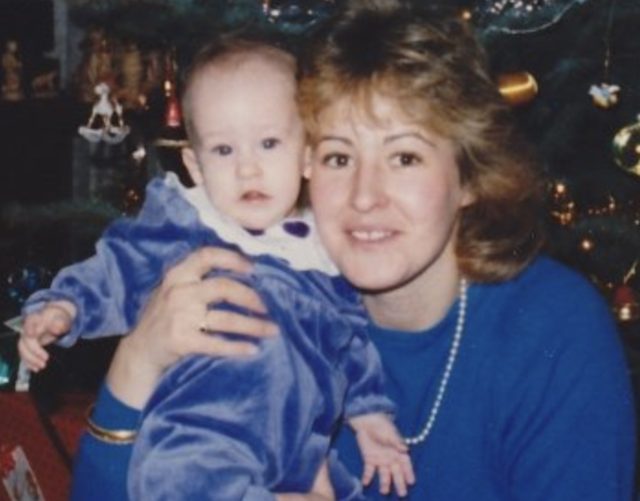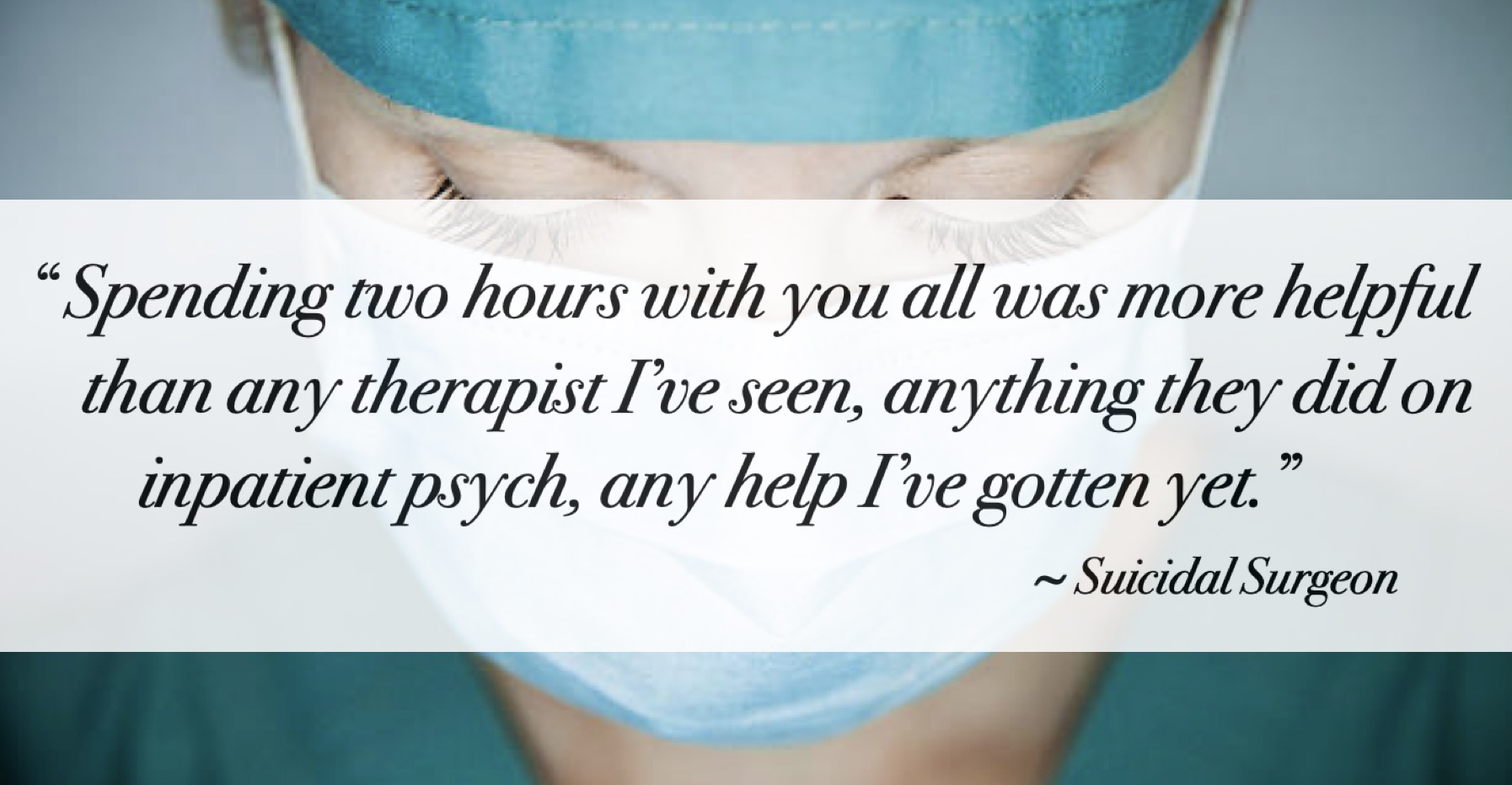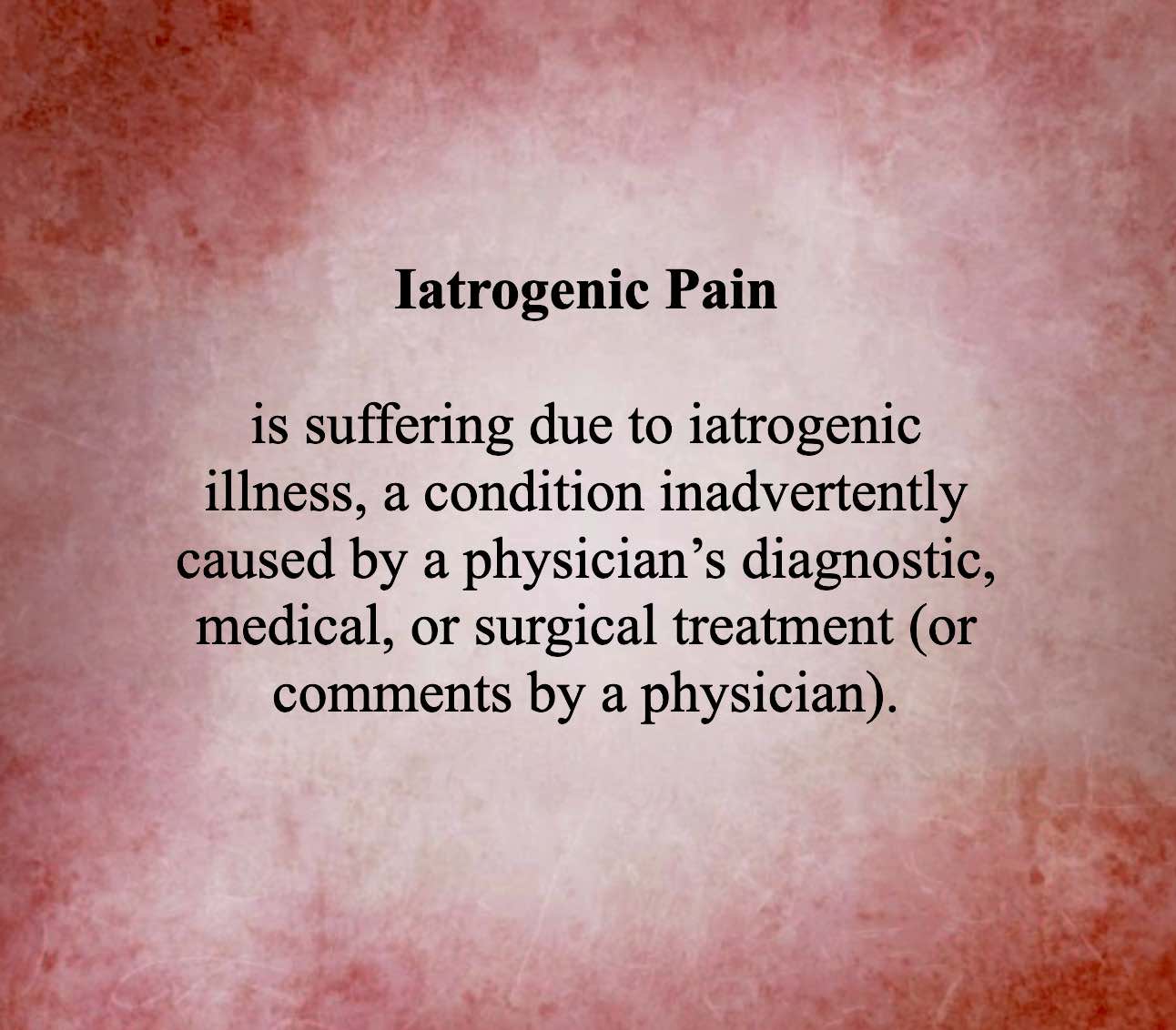My dear friend opened her own clinic, but she wasn’t attracting the right patients despite a great website, fair pricing, and wonderful free educational videos. Only one thing was missing—her personal story. I encouraged her to write the real reason why she opened her clinic—the one she had shared with me through her tears. She wasn’t sure she could share her story with the world. Her pain was so great, she couldn’t find the right words. So she sent me photos and journal entries, and I helped her find her feelings and express them in a way that both honors her pain and allows others to heal from her heartache. Now she’s inspiring her patients to open their hearts and heal.
Meet the real Dr. Claire Donley . . .
I was a medical student learning to deliver babies, bringing new life into the world, as my mom’s life was fading away. I saw all the missed calls from Dad. I knew in my heart something terrible happened. She was in the ICU. Dad told me she had a heart attack. I flew to be with her. When I saw her unconscious on the ventilator, I started wailing. Her heart was still beating. I was holding her hand praying for her recovery, when the doctor came in and told us she was brain dead. My body began shaking uncontrollably, then came my bone-crushing cry. I had just lost my mom.
Mom, you were generous with others, not to yourself.
You’d go all out on dinner parties, especially on holidays, making sure everyone was happy and taken care of. You loved making us sausage rolls, shepherd’s pie, turkey, gravy, stuffing, vegetables not so much. Mostly heavy foods. I tried to help you eat healthy. You were in emotional pain. You wouldn’t go to doctors, so you just treated yourself with comfort food.
You loved writing personal messages on cards, even if it wasn’t a holiday. I cherish them all. You had a way with words to make me feel special. You celebrated everyone’s achievements—except your own. I heard you talk about your own shortcomings without compassion. You worked long hours, very stressed. You didn’t take care of yourself. You ate junk, didn’t exercise, and drank endless alcohol at night—habits that led to your death. You were only 59.
I want you to know I am devoting my life as a doctor to preventing heart disease in women over 50—so nobody else loses a wonderful woman like you.
I help women heal from the emotional, spiritual, and physical causes of heart pain so no other child will have to bury the vibrant, loving mother from a heart attack. I’ve been told by women that I’ve already saved their lives. Your loss fuels my passion to save families.
My life is your legacy.

Claire with her mom and brother
If you were here, we’d be at the beach, watching sunsets and laughing uncontrollably—you are such a huge character. I’d be smiling even bigger from all your texts overflowing with hearts. You are my best friend. You visit me in my dreams. I get confused. I think you are alive—and realize you are gone.
You were so proud of me going to medical school. You died before my graduation. You weren’t here when I opened my own clinic. You won’t be with me when I get married and have kids. You won’t get to meet your grandchildren. You won’t get to read the books I write.
The last time I saw you, I was delivering babies on the Washington coast. We spent a magical week together in an Airbnb right on the beach. We held hands walking in the sand and watching sunsets every night. When I stopped by that last morning on my way to labor and delivery, you handed me a big bag of treats. Ginger-turmeric tea is my favorite. I never told you, yet I found a box in your care package. You just knew.
I will never forget hugging you goodbye. You looked like you were about to cry because you were so proud of me for welcoming babies into the world.
That next morning you never woke up.
You used to be just a phone call away. Now I can’t call you to tell you how happy I am to have you as my mother. Thank you for bringing me into this world, for teaching me, learning with me, and sharing your life with me.
Three weeks after you died, when I got back home after my obstetrics month, I found a letter from you in my mailbox.
Your last words to me.
“From first holding the precious gift of a daughter to sharing in each new discovery you made . . .From caring for you as a baby to admitting you as a grown up friend . . . I’ve loved being your mother. I see the path you’ve made that’s all your own. I see your brilliance, and how deeply you care. I see your hard-earned wisdom, your courage and compassion, your unconditional goodness. I see what a difference you make in this world. Keep being your own kind of beautiful. You gave me the kind of joy that only comes from watching an adorable little girl grow into a lovely and much-loved woman.”
“You had me, Claire, from the moment I first held you.”

Claire Donley with her proud new mother
Inspired to learn more about reversing heart disease in mothers and grandmothers in your life? Reach out to Dr. Donley here.

 Pandemic Healing (4 pm EST) ~ Get help for long haul, job loss, death of family, peers. (1 hr).
Pandemic Healing (4 pm EST) ~ Get help for long haul, job loss, death of family, peers. (1 hr). 















